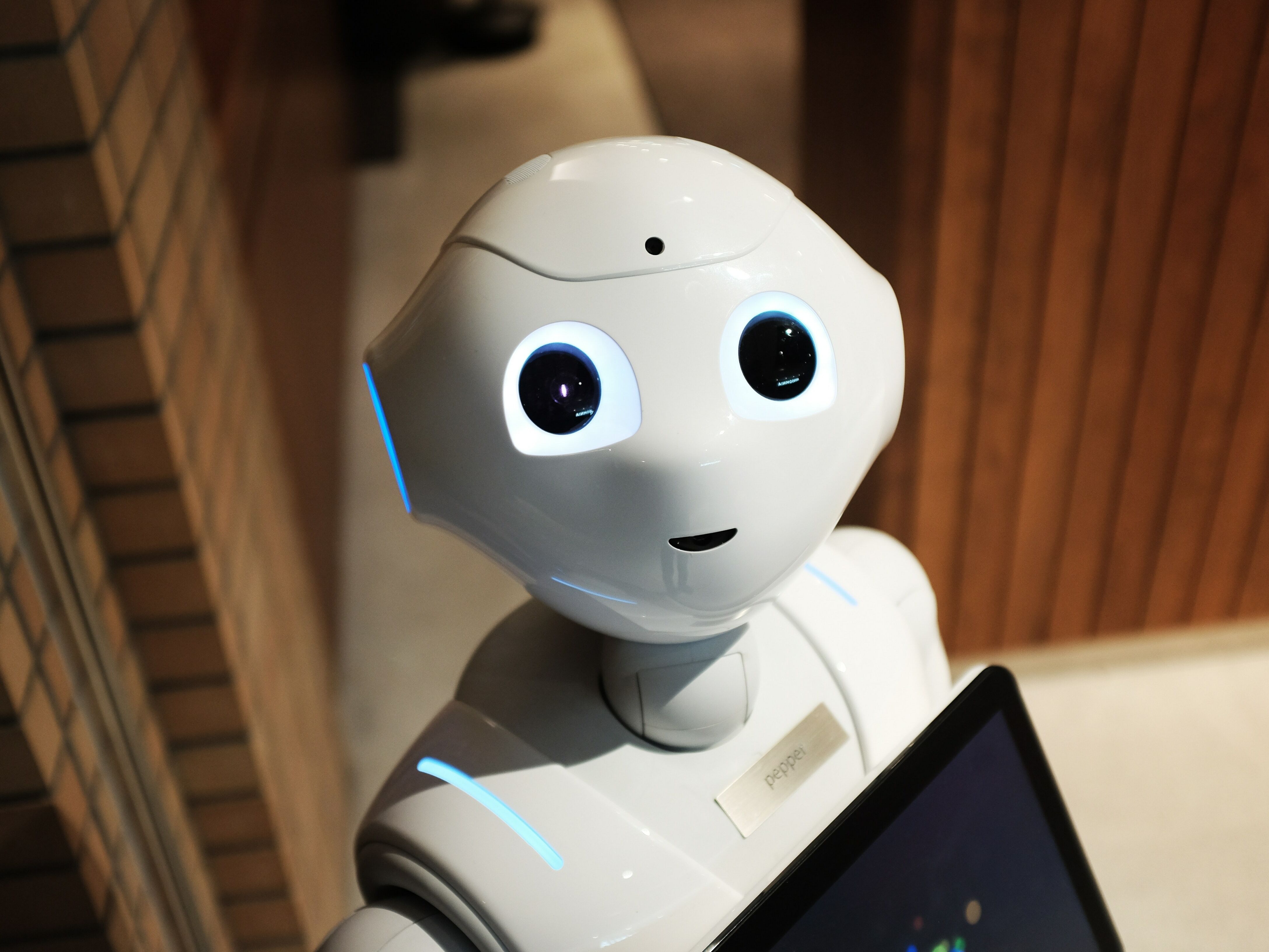Stroke and other forms of acquired brain damage are leading causes of disease-related disability worldwide. Neurorehabilitation promotes functional recovery and autonomy and reduces disability considerably. This is made possible by specific intensive training-based therapy promoting functional brain recovery. Secondary to global demographic changes and hence an increasing number of people living with the aftermaths of stroke, the need for specific and intensive therapy is increasing. Therapists are facing difficulties to cope with the demand. Accordingly, there is a need for technological support that helps therapists to provide intensive training schedules to more people being affected. And, there are other clinical conditions and situations where humanoid robots could enhance therapeutic options. Humanoid robots might play a role in such scenarios. Therapeutic knowledge could be embedded in the digital implementation of purpose-built therapeutic systems. The socially interactive feature of humanoid robots can serve as means to provide the therapeutic interaction needed. So far, research on the use of humanoid robot technology for therapy has only started, and such therapeutic systems are not yet available for routine clinical questions.
The international symposium brings clinicians and scientists together to share their reasoning, research results, and insights.
Lessons learnt from brain science approaches, aspects of therapeutic interaction, the role of motivation, the design of social robots, including gender aspects, user model technology, design of communication, digitally monitoring training behaviour, patient preferences and ethical considerations with regard to future technology, as well as clinical experience with systems that have been developed so far are all addressed.
The symposium is organised by the research consortium E-BRAiN (Evidence-Based Robot-Assistance in Neurorehabilitation; www.ebrain-science.de/en/home/) and supported by expert invited speakers from Australia, Finland, Germany, Israel, Sweden, and Switzerland.
The symposium is planned with a hybrid format (F2F and digital); attendees can indicate their preference. In case the pandemic forces to do so the symposium can be run digitally. For those who wish to participate and present their own related research, there will be the possibility for short presentations, at least to a limited extent. Those interested can submit a structured abstract (Objective. Methods. Results. Discussion.) to Professor Platz at thomas.platz@uni-greifswald.de for evaluation.
Please register below for the symposium, meet the experts, and be part of the personal exchange about this fascinating topic of interdisciplinary research.
Registration
Programme
Wednesday, 18th May 2022
4.00 pm – 6.00 pm
Registration
6.00 pm
Public Lecture
Humanoid robots in rehabilitation therapy — chance and challenge
Thomas Platz (Greifswald)
Moderation: Karlhans Endlich (Greifswald)
afterwards: Evening Reception
Thursday, 19th May 2022
9.00 am – 11.00 am
Therapeutic interaction & Robot therapy
Stephanie Bobe (Greifswald)
Philipp Deutsch (Greifswald)
Carolin Goldmann (Greifswald)
Ann-Sophie Hensler (Konstanz)
Ann Pedersen (Greifswald)
Thomas Platz (Greifswald)
11.00 am – 11.30 am
Coffee Break
11.30 am – 12.30 pm
Widening the lens: Cognitive and brain science approaches for research on human-robot interactions
Emily S. Cross (Sydney)
12.30 pm – 2.00 pm
Lunch break
2.00 pm – 3.00 pm
Lessions learned from upper-limb post-stroke rehabilitation with a social robot
Shelly Levy-Tzedek (Beer Sheva)
3.00 pm – 4.00 pm
Social Robotics: Designing Machines that Interact with People
Arvid Kappas (Bremen)
4.00 pm – 4.30 pm
Coffee Break
4.30 pm – 5.30 pm
Motivation
Alfons Hamm (Greifswald)
Christoph Szeska (Greifswald)
Friday, 20th May 2020
9.00 am – 10.00 am
User Model Technology
Peter Forbrig (Rostock)
Alexandru Bundea (Rostock)
10.00 am – 11.00 am
Towards We-intentional HRI Interactions using Theory of Mind and Hierarchical Task Network
Maitreyee Maitreyee (Umea)
11.00 am – 11.30 am
Coffee Break
11.30 am – 12.30 pm
Building Feminist Social Robots: What, Why and How
Katie Winkle (Stockholm)
12.30 pm – 2.00 pm
Lunch break
2.00 pm – 3.00 pm
Are humanoid robots capable of social interactions with humans and can they be held morally responsible?
Raul Hakli (Helsinki)
3.00 pm – 4.00 pm
Intuitive and informative Human-Robot Communication
Serge Autexier (Bremen)
4.00 pm – 4.30 pm
Coffee break
4.30 pm – 5.30 pm
Human Behavior Recognition and Natural Language Generation for Neuro-Rehabilitation
Thomas Kirste (Rostock)
Sebastian Bader (Rostock)
Saturday, 21st May 2022
9.00 am – 10.00 am
Health Preference Research — Development, Methods and Contributions to Health Care Decision Making
Peter Zweifel (Zürich)
10.00 am – 11.00 am
Patient preferences in neurorehabilitation: a consideration of clinical effects and technical features of robotic therapy
Ann-Kathrin Fischer (Neubrandenburg)
Christin Juhnke (Neubrandenburg)
Axel C. Mühlbacher (Neubrandenburg)
11.00 am – 11.30 am
Coffee Break
11.30 am – 12.30 pm
Efficiency frontier of digital health interventions: A probabilistic model of cost-effectiveness analysis
Axel C. Mühlbacher (Neubrandenburg)
Andrew Sadler (Neubrandenburg)
Acknowledgement of funding: THE STATE OF MECKLENBURG-VORPOMMERN IS SUPPORTING THE DIGITIZATION PROJECT E-BRAiN WITH FUNDING FROM THE EUROPEAN SOCIAL FUND (ESF). THE SYMPOSIUM IS further SUPPORTED BY THE Alfried Krupp Wissenschaftskolleg Greifswald.
Scientific Chair:
Research Consortium E-BRAiN — Evidence-Based Robot-Assistance in Neurorehabilitation (co-ordinator Professor Dr. med. Thomas Platz, Greifswald)
www.ebrain-science.de
Information:
Dipl.-Theol. Nadine Bauerfeind
Conference Office
Alfried Krupp Wissenschaftskolleg Greifswald
17487 Greifswald
Germany
Phone: +49 3834 420 5015
Fax: +49 3834 420 5005
E–Mail: nadine.bauerfeindwiko-greifswaldde

